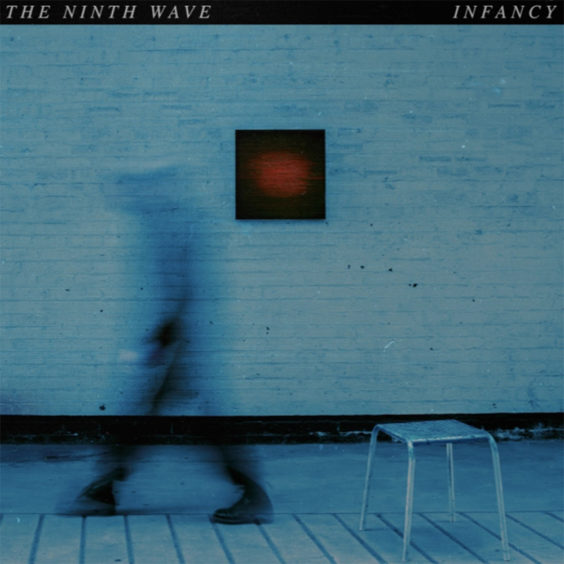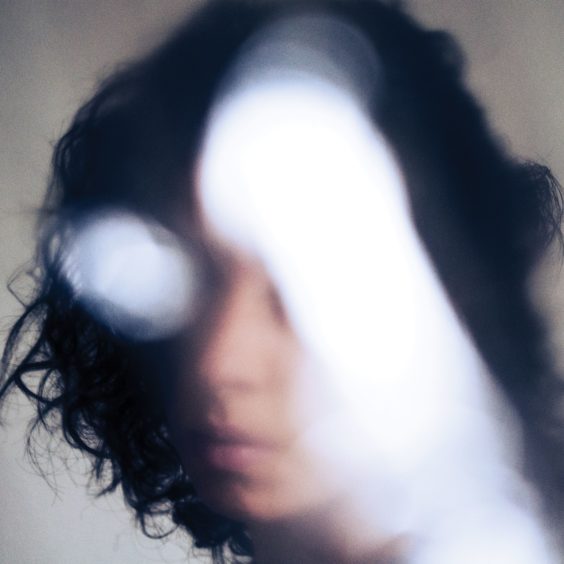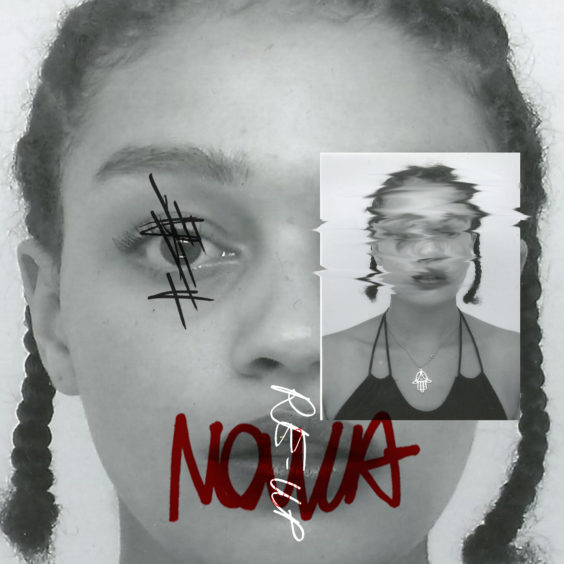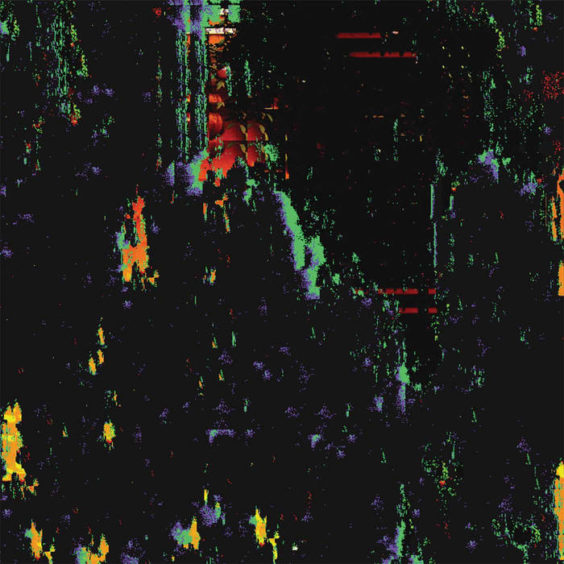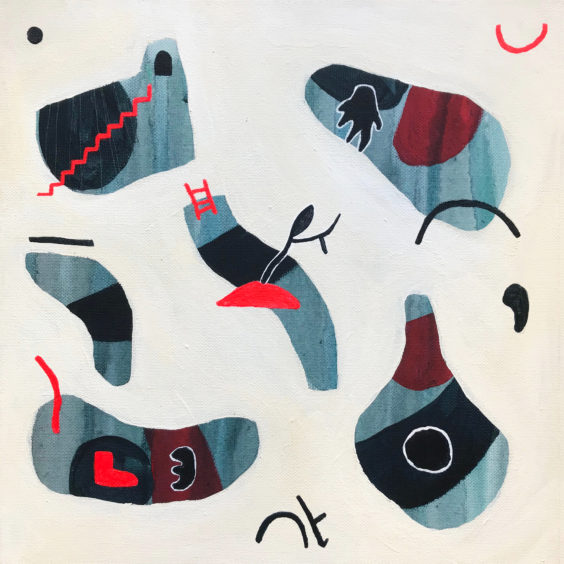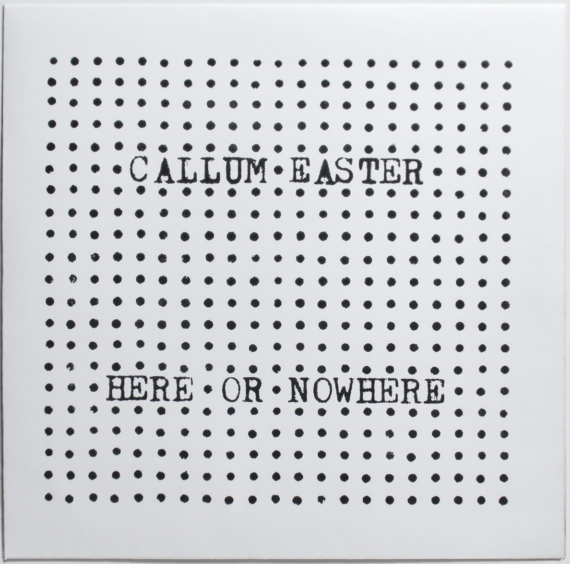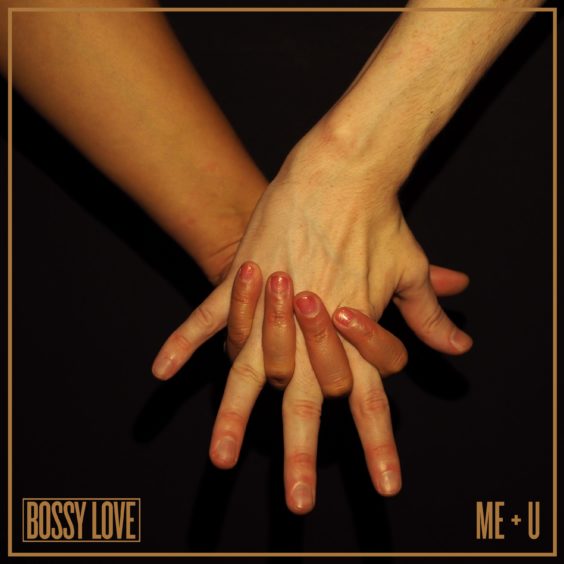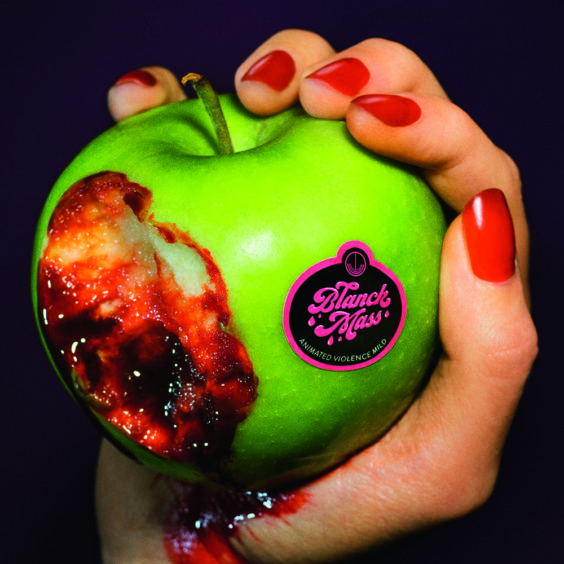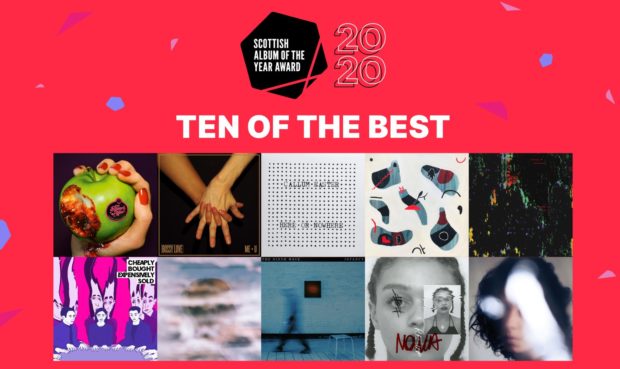
Scottish Album of the Year (SAY) Award judge Jess Brough has hailed the variety of exciting acts who have made the shortlist for this year’s prestigious prize.
Jess joins broadcasters Edith Bowman and Jack Saunders and a number of other leading industry experts on the panel with the tough task of picking an overall winner.
They’ll decide later this month which of the ten shortlisted albums will scoop the top prize of £20,000 and the title of Album of the Year.
The shortlist includes acts like The Ninth Wave, Bossy Love, Callum Easter and Declan Welsh & The Decadent West, with eight of the ten albums debut releases.
Jess, who founded the Fringe Of Colour project to promote and support diversity at the Edinburgh festivals, said: “It’s been pretty fun to be a part of, I’m excited for when it gets down to the nitty gritty of choosing the one.
“It’s a great shortlist, it’s beautifully varied which highlights the calibre of music that Scotland has to offer at the moment.
“We’ve got almost every major genre represented by these artists. All of us judges probably have our favourite type of sound but I think we’re all impressed by the variety. It won’t be easy.”
It’ll take a number of listens in different moods and settings to truly judge each album.
Jess plans to listen to them as background noise before more focussed listens, and to experience them on headphones as well as speakers.
“You’ve got to give each album the chance to either immediately wow you or grow on you because some music takes a moment for you to click to it,” she said.
The awards come at a difficult time for the creative industry, with performers, venues and behind-the-scenes workers placed in an uncertain limbo over when they’ll get back to doing what they love, and getting paid for it.
“Anything that’s going to financially support an artist at this point in this year is going to be extremely important,” Jess said.
“We have a £20,000 prize, and for a musician that’s potentially career changing money that they can use for anything that helps them create their sound and put it out there.
“It’s really essential that organisations like the SAY Award are financially supporting artists, as well as giving the publicity and help that goes along with being on the shortlist.
“It’s going to be a really essential prize for the winner, and there’s also £1,000 for each runner-up.
“It’s been a long year, and from seeing Twitter all the artists are really excited to be a part of this and are cheering each other, as well as the public showing support and finding new sounds. I think we need some celebrations at this time.”
The shortlist
Earlier this month, a UK Government advert showing a ballerina whose “next job could be in cyber” sparked a backlash from the creative industry.
Many considered it insulting and reductive, as often performers are already juggling a day job to support their craft.
“I can’t believe that happened, it’s so ridiculous,” Jess said. “Imagine telling whoever wins the SAY Award to retrain as something ‘practical’, it’s just unbelievable.
“One of the main things that helps people get through this period of time of pandemic and lockdown has been art, music, comedy, recorded shows, TV.
“If we’re not supporting people that are making that work then our lives are going to be a lot more bleak. The idea that these things are expendable is inconceivable.
“Fortunately artists don’t have a habit of listening to authority on what they should do with their lives so I think they should be alright.”
Jess, a writer, producer and psycholinguistics PhD student at the University of Edinburgh, was asked to be part of the judging panel following her work in founding Fringe of Colour in 2018.
The initiative is dedicated to supporting people of colour taking part in the Edinburgh festivals as artists, workers, performers and audience members.
With the Fringe cancelled due to the pandemic this year, the project moved online via a month of filmed performances.
“The focus was performance of any kind, work that maybe had had a life on stage that we figured out how it could be done in front of a camera,” Jess explained.
“There was also a collection of poetry, we worked with poets who had maybe never had to memorise their work or perform in front of a camera, thinking about angles, lighting, that kind of thing.
“It was a really nice mix of types of performance, some films were in a more traditional style while others were a bit more experimental.”
Jess says the response to the initiative has been positive, and that it’s been something “people were potentially waiting for.”
She said: “It isn’t the first project to support artists of colour or people of colour who perform, and it certainly won’t be the last. I guess the idea is it’s not attached to any institution, and the independence of it is quite new.
“It’s been really positive and I think the more projects like this the better. It’s about figuring out what works and what doesn’t.”

Enjoy the convenience of having The Sunday Post delivered as a digital ePaper straight to your smartphone, tablet or computer.
Subscribe for only £5.49 a month and enjoy all the benefits of the printed paper as a digital replica.
Subscribe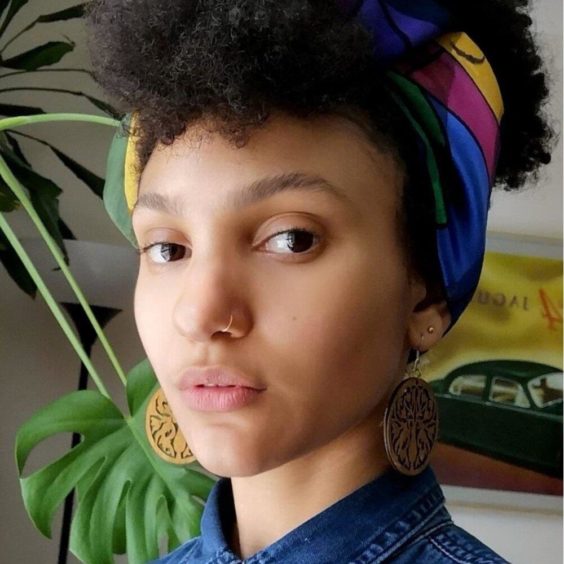 © Supplied
© Supplied